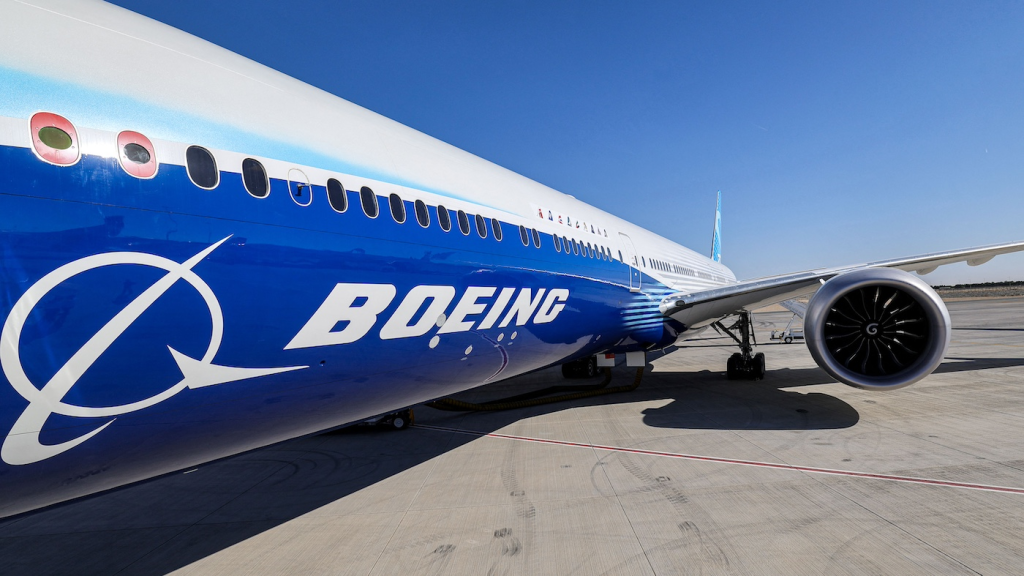Striking workers’ rejection of Boeing’s latest contract offer hit shares across the U.S. aerospace sector on Thursday, and the vote raised doubts about the company’s efforts to stabilize its finances and restore its battered image.
Some 64% of the planemaker’s U.S. West Coast factory workers rejected the offer late on Wednesday, leaving assembly lines idle for nearly all of Boeing’s commercial jets, including the 737 MAX, the backbone of its balance sheet.
“We are disappointed in the result of the vote,” Boeing said in a statement.
The company’s shares fell 1.5% and its suppliers also came under pressure. Spirit AeroSystems lost 3.2% after warning of layoffs and more furloughs.
“The Boeing circumstances are obviously very challenging. We all saw the results of the vote yesterday night, which is unfortunate,” Honeywell CEO Vimal Kapur said on a call with analysts. The company is a major supplier of cockpit instruments and other parts.
The offer included a 35% general wage increase over four years but no defined-benefit pension plan, which was one of the striking machinists’ main demands.
Deadlock over the pension plan, which was withdrawn following a deal to keep jobs in Washington state a decade ago, raised immediate concerns over the duration of strike as rating agencies monitor Boeing for a possible downgrade to junk status.
“A longer strike delays Boeing’s recovery and increases financial pressure on the company and its (credit) rating,” said Ben Tsocanos, aerospace director at S&P Global Ratings.
S&P and Moody’s Ratings said Boeing is unlikely to agree to the union’s pension demand.
Others said the stoppage leaves the U.S. planemaker with dwindling options as it bleeds cash.
“Boeing is going to have to settle it and just make a higher offer, because they are just not in a position to duke it out,” said Agency Partners analyst Nick Cunningham.
With the clock ticking on a potential Boeing downgrade, the company’s first major strike in 16 years has sent Wall Street combing through online forums and worker demographic data to predict how the strike over pensions and pay will unfold.
Wells Fargo analyst Matthew Akers said raising the wage offer to meet the union’s demand of 40% could end the dispute, noting that members were divided online on the pension issue.
Some machinists vowed to fight on after the vote, with many still angry about the last pension deal signed a decade ago.



